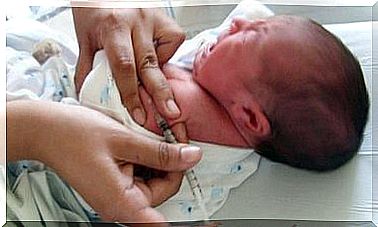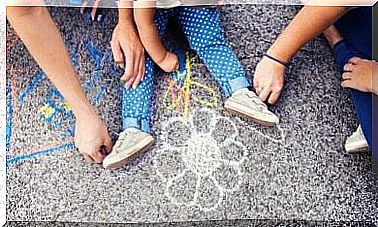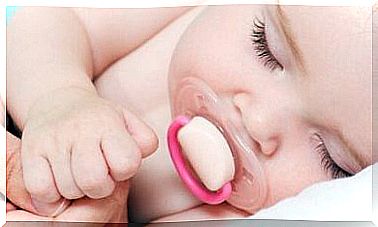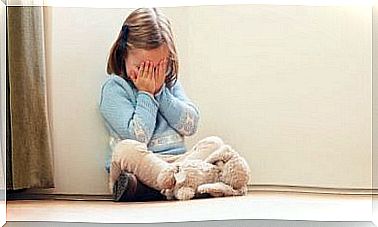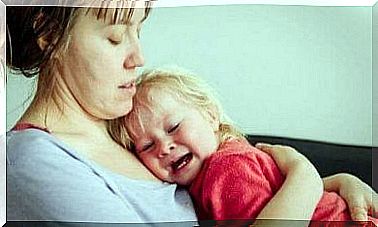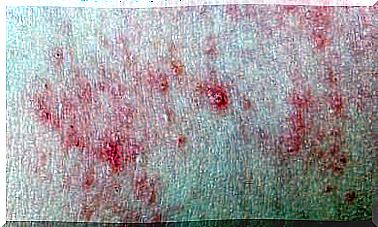Why Having Good Ear Hygiene Is Important
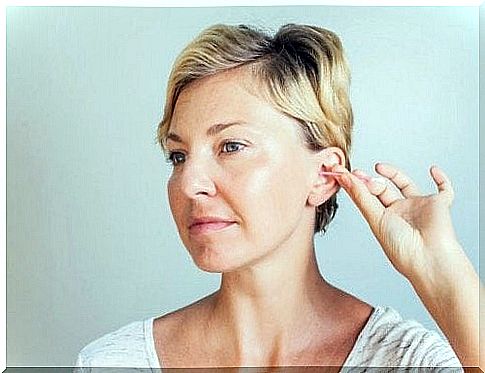
Have you ever felt discomfort from an ear hygiene issue, such as a blockage? While it may not seem like it, these painful events in our hearing organs happen to most people.
For this reason, we’ll provide a few ear hygiene tips to help you avoid these and other similar situations.
Why is good ear hygiene important?
The inner ear refers to the internal sensory canal, which is covered with hair follicles and glands, while the pinna is the outer part. They produce a waxy oil called earwax that extends to the opening of the ear. The amount of earwax produced varies depending on a person’s physiology.
The earwax traps dust particles that float through the air. In this way, it prevents them from reaching the eardrum and thus protects it. In other words, the earwax has a preventive function.
However, when it accumulates at the entrance to the inner ear, it tends to block the external ear canal. This is one of the most common causes of hearing loss. For this reason, ear hygiene is vital. You should not allow an excessive amount of earwax to build up.
Keeping your ears clean allows this organ to perform its functions related to hearing and balance. With the right precautions, you can prevent infections and serious problems, such as permanent deafness.
How to properly clean your ears
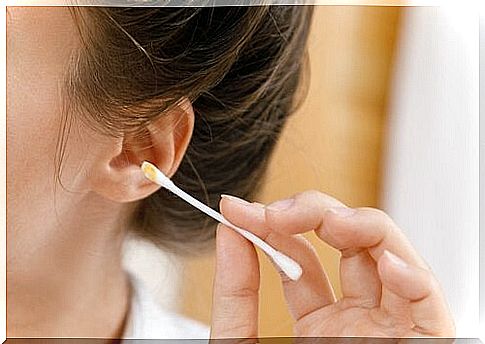
The development of auditory disorders is a cause for concern. However, you can avoid them by cleaning your ears properly and only as much as necessary.
- First, use a syringe filled with salt water to dilute the accumulated earwax and make it easier to remove. Y ou can also use glycerine. This will have a greater effect if you do it an hour before showering, as showering is the best time to think about ear hygiene.
- After a few minutes, lean your head over a towel to allow the water and diluted earwax to drain out.
- Then dry the outer part of the ear with the towel. In this way you prevent the formation of fungi.
You should repeat the process every other day. Remember: the ears should not be completely free of earwax.
What to avoid when cleaning your ears
Hearing problems are often the result of improperly cleaning your ears. For example, some recommend using oxygenated water for ear hygiene.
However, this is not the best option. In fact, doctors don’t recommend it, especially in patients with a perforated eardrum. Therefore, try not to use it when cleaning your ears.
Also, do not use cotton swabs to remove the wax from your ears. Instead of removing it, this pushes the wax in. If earwax enters the inner ear, it can seriously damage the eardrum.
Also, do not place other objects, such as skewers, pins, or hooks, in the inner ear to clean it or clear a blockage. If you do, you risk damaging the structures of your inner ear.
How to know when your ears are dirty
You can determine if you need to clean your ears by looking for some characteristic symptoms. These include hearing loss, irritation and itching.
Occasionally, the blockage of earwax will move and then cause pain. If you feel uncomfortable even after cleaning your ears well at home, you should see a doctor.
Necessary care and ear hygiene for healthy ears
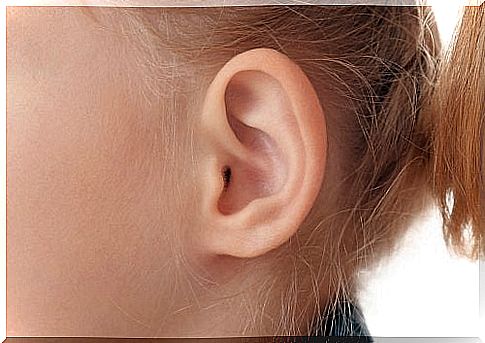
Good ear health not only depends on cleanliness, but should also prevent you from getting damage or injury. This is especially relevant for children, especially if they are swimming. To protect the ear canal, they should always wear earplugs when swimming.
Also avoid exposing your ears to very loud noises. If you experience discomfort or pain, do not self-medicate or insert anything into your ear.
Also try to keep your TV and stereo at a reasonable volume. Avoid frequent use of headphones and keep your ears free of moisture. Make sure to dry them well after showering.
In conclusion, good ear hygiene relies on adopting a few good habits. Try to keep them clean and dry to avoid complications that can significantly affect your daily life.

